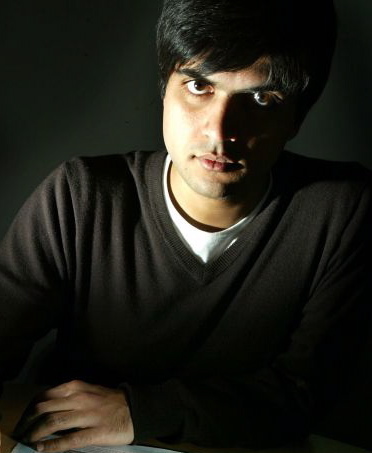A problem far bigger than global terrorism
Jonathan Freedland's clear and persuasive writing is always a rewarding read. Today, he turns his attention to climate change, arguing that former US vice-president Al Gore's new film, An Inconvenient Truth, finally made him realise what the biggest political issue of our time is. About time, too.
The UK government's chief scientific adviser, David King, has made climate change a central plank of his tenure, saying famously that it is a bigger problem than global terrorism. And he's dead right.
The amount of carbon in the atmosphere (in the form of greenhouse gases such as carbon dioxide and methane) is currently around 380 parts per million (ppm). Various countries want to limit future emissions so that no-one gets above 450ppm, but this is proving difficult. And anyway, no one country lives in a vacuum, so controlling the UK's emissions does nothing to combat the huge rise in CO2 predicted from rapidly-developing countries such as India and China. No-one can rightly deny their desire to industrialise and raise large parts of their population out of poverty. But that does involve building lots more CO2-producing power stations.
The critical figure is 550ppm. If we get to this much carbon in the atmosphere, global temperature will rise, on average, by 3 Celsius. Doesn't sound much but Prof King said that this would lead to a worldwide drop in cereal crops of between 20m and 400m tonnes, put 400 million more people at risk of hunger, and put up to 3 billion people at risk of flooding and without access to fresh water supplies. And that's a best-case scenario. There are more details in an article I wrote for the paper earlier in the year.
Climate change is happening, like it or not. Exactly how far it will go might be the cause of some debate amongst scientists but there's no doubt that it is happening. And we can't consider the arguments at leisure anyway. Peter Smith, a professor of sustainable energy at the University of Nottingham argued recently that we only have 10 years to come up with climate-friendly solutions to generating energy, for example. By 2026, he says it be too late to do anything substanstive in slowing global warming.
If it took a film by Al Gore to persuade someone as informed as Freedland that climate change needs immediate attention, we've obviously got a longer way to go than I previously thought with getting the general public on board.
The problem is that a lot of climate change news tends to be so negative that people slip into despair. What can we do, they ask. We need to get more pro-active with solutions in the climate change message, something Freedland says that Gore does in his film. It's something the Guardian's new environment web site is trying to do. For now, I say get militant - drag everyone you know to go and watch this film. Details of show times here.


No comments:
Post a Comment